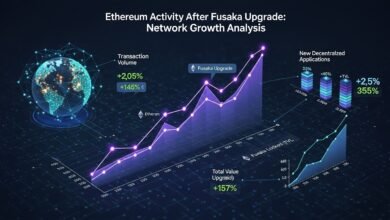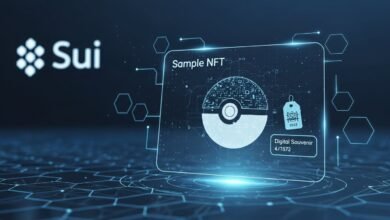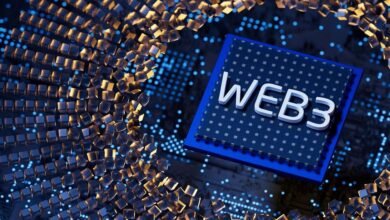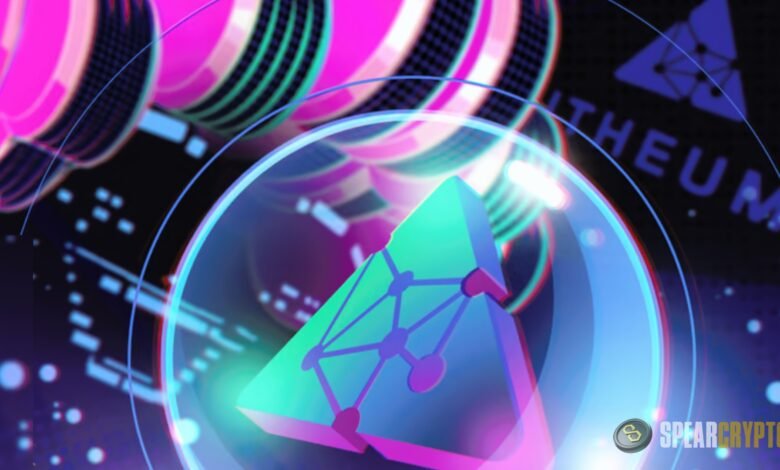
Web3 Project Improves AI-driven Gaming. Perhaps the most revolutionary technological development in the last several years has been artificial intelligence (AI). Anyone could use AI to do their schoolwork, write a book, debug code, or make endless bogus movies. The technology has been experiencing a meteoric rise globally since 2022, and according to Statista, there will be no letup until the industry approaches $740 billion in 2030. According to another study, over 90% of enterprises favor AI if it gives them a competitive advantage in the market, and over a third of businesses have already implemented AI in some way.
AI Challenged by Data
Similar to any other technological fad gaining traction on a global scale, AI is encountering significant challenges. Artificial intelligence (AI) learning models have many parameters that need to be tweaked during “training” to produce optimal results for any issue. On top of the regulatory puzzles that AI businesses must solve e, this makes deep learning, the underlying technology, a formidable obstacle.
Massive data sets are needed to train AI systems. The sheer amount of data is just one issue. Artificial intelligence requires massive amounts of consent-based, publicly sourced, tracked, and aggregated data from human workers, none of which are characteristics of many conventional data-gathering approaches.
Blockchain Simplifies Data for AI
An alternative to this hierarchical method of data collection is blockchain technology. With Web3-powered technologies such as non-fungible tokens (NFTs), users are granted data ownership, which empowers them to govern and incentivize the collection of their data.
Blockchain technology further guarantees data integrity and provenance. AI algorithms want superior-quality data to deliver trustworthy findings. To guarantee that AI models are fed accurate and trustworthy data, blockchain’s transparent and traceable nature enables the verification of data sources. This traceability provides a transparent record of data exchanges and transformation, which also helps with auditing and compliance.
AI Meets Gaming on Blockchain
With an anticipated $350 million in revenue in 2022, the gaming business is one that AI has barely begun to probe. Artificial intelligence (AI) could greatly benefit the gaming ecosystem, leading to better game development, more advanced analytics, and deeper player insights. The gaming experience would be completely revamped with a more interactive and tailored interface. Online gaming communities can also greatly benefit from AI’s ability to increase security and guarantee fair play.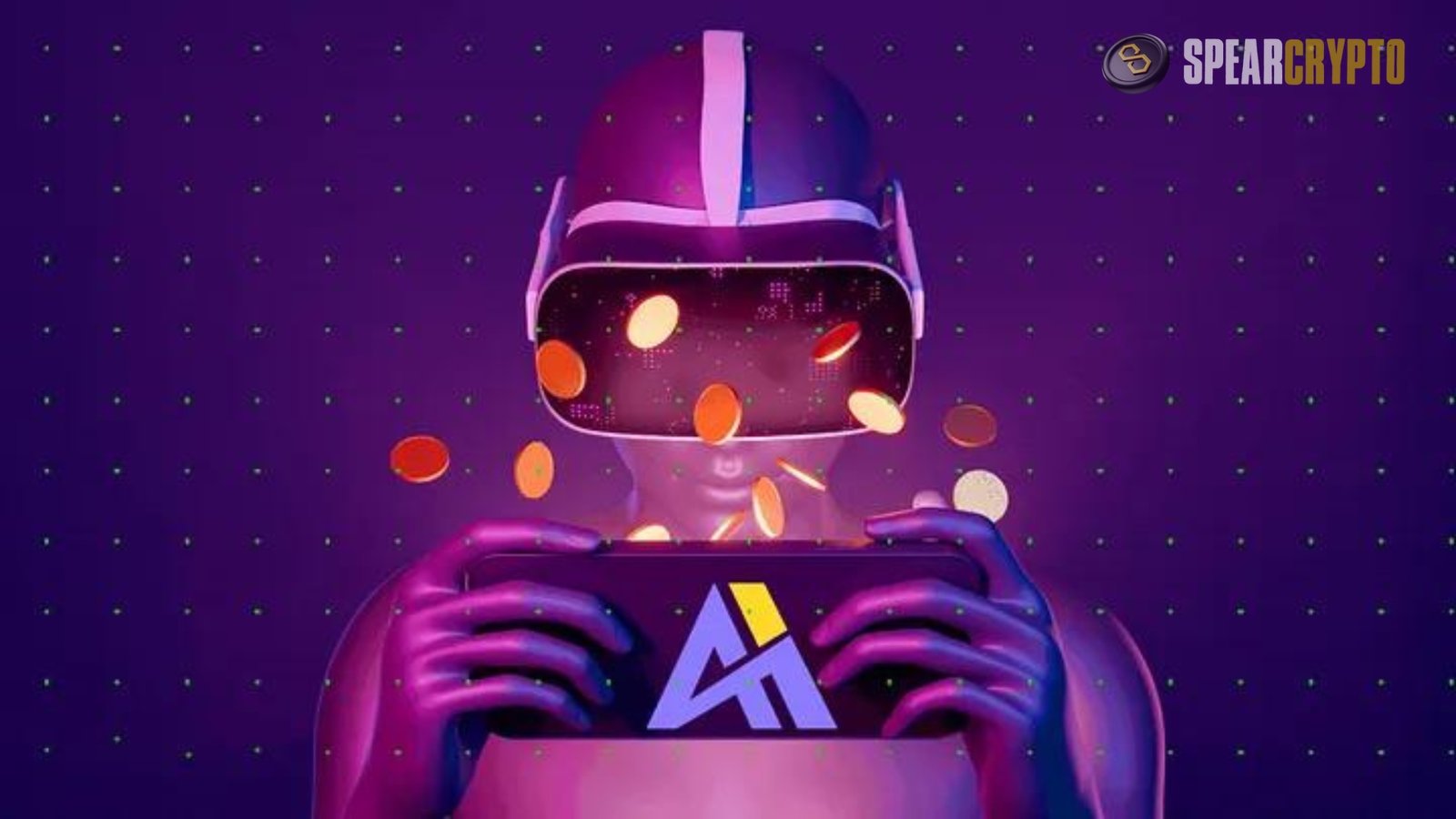
Because of this, the team behind the data ownership platform Itheum, well-known for its Data NFT technology, has stated that it is shifting its attention to the artificial intelligence games business, calling itself “Data for the AI Era.”
At Sony Demo Day in Tokyo, Itheum, a participant in the Sony Web3 Accelerator, debuted Gamer Passport, a proof-of-concept product aimed at becoming an AI-focused gaming platform. Gamer Passport will use blockchain technology and artificial intelligence to let players tokenize their mainstream gaming data as Data NFTs. This will revolutionize data management, ownership, and exchange by making it more secure and transparent. Subsequently, users will compile these tokenized data sets and make them accessible to gaming AI businesses as a large data pool.
Building a Human Workforce for Data
Large amounts of reliably collected data are required for artificial intelligence systems to work properly. Human workforces are integral to data gathering and sharing and essential for providing high-quality data sets to the AI sector. Itheum’s strategy perfectly aligns with its slogan, “Data for the AI Era,” highlighting human input’s importance in producing useful data.
The Ethereum protocol’s native token, ITHEUM, can be locked for a certain period to achieve Liveliness Scores, which are introduced to guarantee data quality and integrity. A high Liveliness score is necessary for behavior to be proven to be human and differentiated from bot activity.
Furthermore, bonding ITHEUM tokens boosts user credibility and encourages constructive ecosystem engagement. It strengthens Web3’s credibility and demonstrates how useful Itheum’s token is for sustaining a stable and secure data network.
Omni-chain Expansion
Mark Paul, founder of Itheum, emphasized in his announcement that the team’s ambition for Itheum has always been a multichain data protocol. The omni-chain extension, coming to Itheum V2, will take this strategy to the next level. Itheum will guarantee accessibility and utility by abstracting its technology across numerous chains. As part of the update, the ITHEUM token will also support multiple blockchains.
Data NFTs are already live on the Solana blockchain, a testament to the protocol’s early growth into the Solana network. Users can transact smoothly across different blockchain ecosystems, as demonstrated by the ITHEUM token bridge between MultiversX and Solana.
Improving Itheum’s solutions is largely due to its strategic relationships. Collaboration with key companies in the gaming and AI sectors keeps the protocol up-to-date with these sectors’ needs and standards. Joining the Sony Web3 Accelerator shows that Itheum is dedicated to being ahead of the curve and relevant in the industry.
AI-enhanced Gaming
Itheum V2’s technical features highlight its ability to revolutionize the gaming industry. Thanks to the protocol’s infrastructure, data is acquired with permission and can be traced back to its source. This allows for transparent sourcing, tokenization, and data trading. The Gamer Passport strives to improve the AI-driven gaming experience by recognizing and compensating players for their contributions.
Data NFTs are fueling an exciting new era of Web3 gaming. Itheum’s future in the AI era is constant growth and innovation. According to the protocol’s goal of simplifying onboarding processes, everyone may easily contribute data and profit from the same ecosystem. Thanks to Itheum’s plans to speed up the adoption of AI-driven gaming, more immersive and tailored gaming experiences will be possible. The company has set its sights squarely on the gaming AI business.



